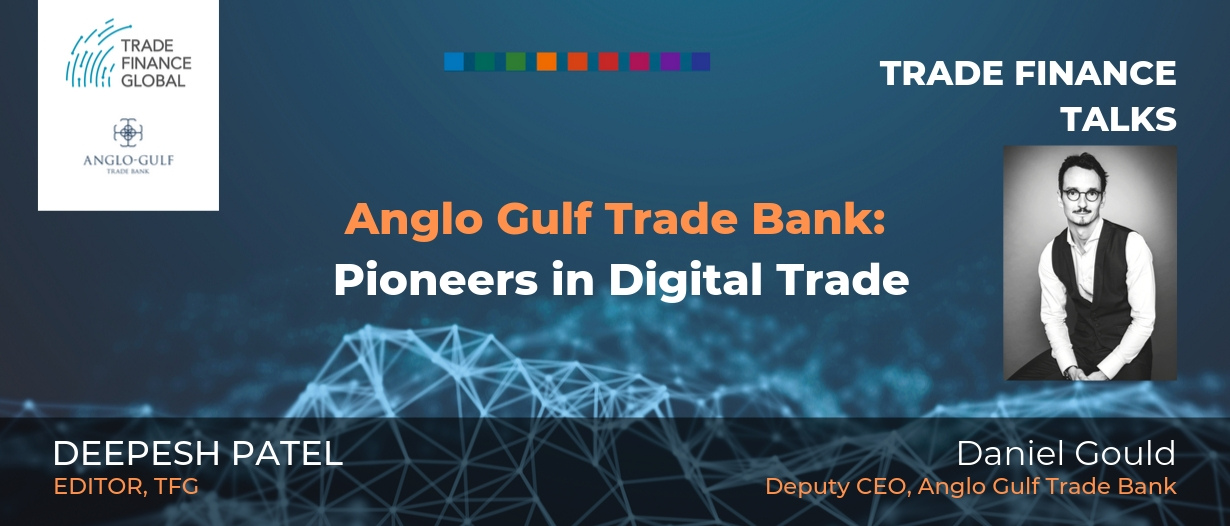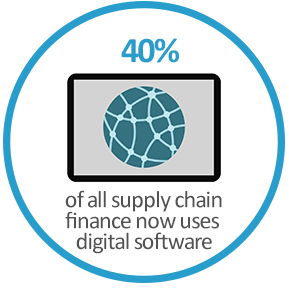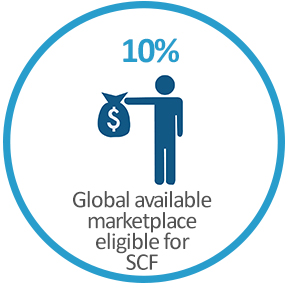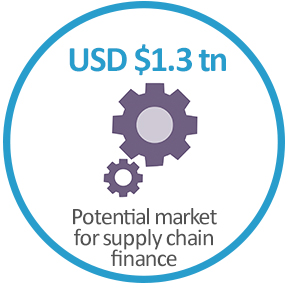Listen to this podcast on Spotify, Apple Podcasts, Podbean, Podtail, ListenNotes, TuneIn, PodChaser
Season 1, Episode 27
Host: Deepesh Patel, Editor, Trade Finance Global
Featuring: Daniel Gould, Deputy CEO, Anglo Gulf Trade Bank
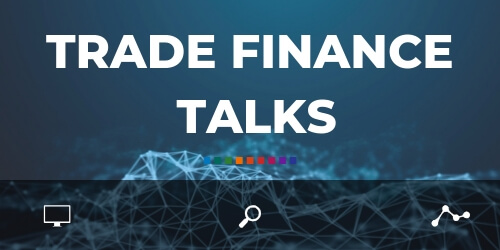
AGTB: New kid on the block. TFG heard from Daniel Gould, Deputy CEO of Anglo Gulf Trade Bank, and its new digital offering for trade finance in the UAE and MENA region. Building a trade bank from scratch without relying on legacy technologies has enabled AGTB to reimagine trade finance, building a competitive product for the corporate banking space.
Deepesh Patel: I’m Deepesh Patel, Editor at Trade Finance Global and we are here today live reporting from Sibos 2019 in London. I’m delighted to be joined by the CEO of Anglo Gulf Trade Bank (AGTB), Daniel Gould. Daniel, thank you for joining us!
Daniel Gould: Pleasure.
DP: So Daniel, AGTB is the world’s first trade finance bank hosted entirely on the Microsoft Cloud.What does that actually mean?
DG: First of all, we are the world’s first fully digital trade finance bank, which means that our end to end processes; end to end client journey, most importantly, happens digitally online- from onboarding all the way through to transaction processing, and all the way to the very back end and processing of the client. We obviously must have client support. We’re not saying that particularly corporates are going to do without human contact. But we want the happy path journey to be as digital as possible because that is where the scalability and getting those pesky costs and trade finance under control.
UAE Trade Finance Landscape
DP: Great. So, let’s take a step back. And can you describe the UAE trade finance landscape? What are the biggest pain points? And where are the opportunities?
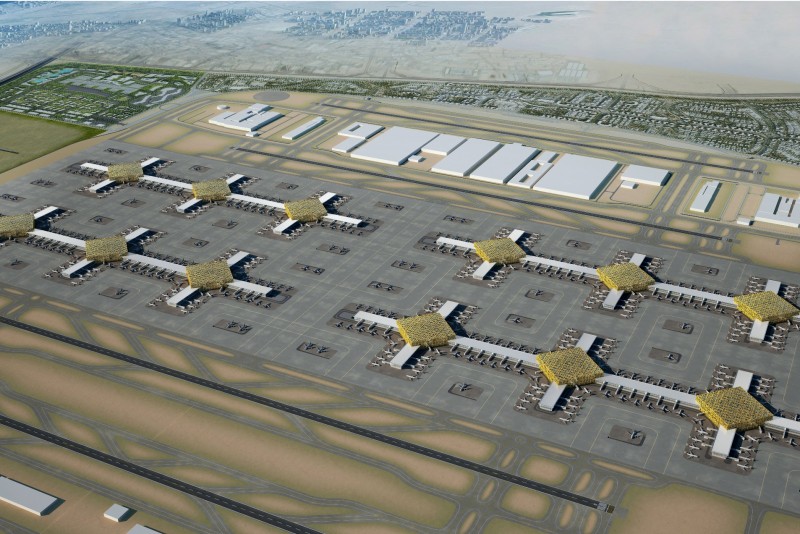
DG: That’s a very good question. And that’s one of the reasons why we chose the UAE, in particular, is our base. Now, obviously UAE is a major regional and global trade hub. Jebel airport in Dubai is one of the busiest in the world. We see trade flows from Asia, into Europe, from Africa to Asia, etc. The biggest single pain point in one word- compliance, in two words- sanctions screening. But actually, there are a lot more pain points, we are ultimately talking about a situation where corporate banks have become so ossified as to force the clients to adapt to what the bank needs. And so, holistically, the main opportunity is to reverse this and to become a bank that adapts to what the client needs. Now in more detail.
And getting back to my first statement on compliance and sanction screening, regulatory risk is a major part of doing business in the UAE. And that’s why one of our four mottos is use data smarter. We believe that by being fully digital by doing everything online and keeping it all in a single data repository, we are able to build up unique databases, a unique knowledge that we can use to manage our risks better, and ultimately serve the client better.
Trade Finance Consortia, Supply Chain Finance and the Trade Finance Gap
DP: That’s very interesting. And obviously, UAE is really ahead of the game in specific sectors such as the payment sector, for example. Also, the regulator specifically in Dubai seems very ahead of the game when it comes to adoption of new technologies focusing more on the customer. So let’s move on to the actual product offering of AGTB. Is it trade finance, is it supply chain finance, who are you going after first and what are you offering them?
DG: We set out our MVP as Supply Chain Finance. Why? Because whilst we recognise the trade finance gap of 1.5 trillion that is often cited from a study by Asian Development Bank, as a key indicator of a malaise in the international trade finance, that gap is predominantly amongst the medium and smaller sized organisations, companies that engage in international trade. However, by beginning with larger corporates and their supply chain, we wanted to get at this capture of supply chain audience. When I say capture, I don’t mean they have no other choice, but they supply to a certain buyer. And by working with that buyer, we would be able to work with a large number of companies. Over time, we will expand our product range and our client range to service those suppliers better. So we’ll move from the beginning of supply chain financing to other products. I can speculate whether it’s going to go towards the standby and guarantee instruments, or we may go into the pre-shipment financing. Who knows? Depends on where opportunities we have at that time.
DP: Great. That’s good to know. So let’s talk about the DLT and blockchain. You joined Marco Polo last year and that was the latest big announcement. What is the latest from the consortium and has R3’s, Corda technology, reduced some of the sanctions screening, trade fraud problems and potentially cut down the paper when it comes to doing the trade?
DG: We did embrace Marco Polo early on. We are one of the founding member banks, because we recognised what Marco Polo and underlying it, Trade IX technology, was offering as a reimagine trade finance solution. As part of that solution DLT technology plays a role and I would even say a key role. You mentioned reducing fraud and sanction risk. That’s one by allowing a more secure and therefore, freer, more fluid exchange of information within the supply chain ecosystem. Yes, feel more comfortable with these risks. What that also does, however, equally importantly, is reduce the transaction costs. It’s by having the information exchanged across the network, say of suppliers financial details or the nature of the specific trade, we need to spend less human effort or even cloud usage to verify the transaction and therefore disperse money quicker with less cost, which ultimately leads to greater financial inclusion. We’re able to work with small suppliers and/or smaller ticket transactions
The Legacies of a Tech Start-Up in the Trade Finance Space
DP: As a startup with the banking licence. How does that compare with the resilience in the processes, operations and the governance of some of the large trade banks?
DG: Your question makes it sound like being a startup is a disadvantage whilst incumbents have the advantage I would put it on its head and say actually, we’re incredibly fortunate not to have the various legacies that incumbents are hindered by, and I often talk about these legacies and call them the unholy trinity. It’s the legacy of technology that they really moan about. But actually, that is probably the least important legacy because what’s more important is the legacy of processes and you mentioned processes, and then, which in turn are hindered or been delayed in their reformation by legacy mindset. It’s the fact that banks are so ingrained in the old way of doing things and trade finance, in particular, is an example of outdated, archaic processes that they can’t deliver better value to their clients. So by embracing new technologies, but also having the absence of a old school legacy to wrap new processes and new mindset around this technology, enablers. We’ve been able to deliver a different value proposition to our corporate clients.
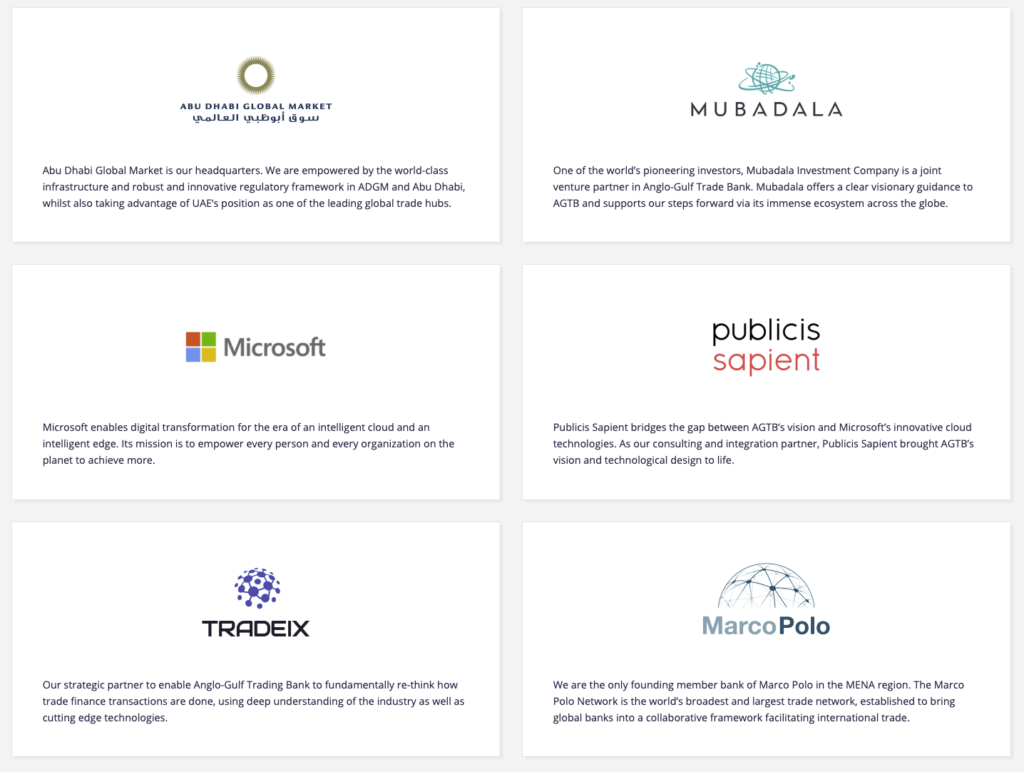
DP: Great. Thank you very much, Daniel. So, what’s next on the roadmap for AGTB and the next, let’s say six months?
DG: The next six months are going to be very, very busy. As I mentioned earlier, we received our full banking licence just about a month ago. So we are off to the races with our early adopters. We have a very healthy pipeline of corporate clients about to engage in payable financing (our MVP), and our trade finance product suite. So the roadmap there is strengthening and expanding to receive financing to complete our Supply Chain Finance product suite. And importantly, being one of the first if not the first bank in the Marco Polo consortium to leverage in a production environment and industrial scale, the blockchain-enabled modules that Trade IX are releasing. And if that wasn’t enough, that’s only trade. We also have our digital transaction services component of our frame, which are banking as a service as well as Treasury solutions for corporates. And that keeps different parts of the organisation very busy. I think within six months, we should see a broad range of smaller companies FinTechs, in particular, based in Abu Dhabi global market, the free zone, where we are headquartered, using AGTB’s very flexible solutions to complete their own value proposition to their clients.
DP: Great. Well, Daniel, thank you very much for coming here and joining us today on Trade Finance Talks. I was it’s been a pleasure to meet you and we’ll see you soon hopefully in Dubai.
DG: Inshallah, as they say. Thank you very much. Bye now.















